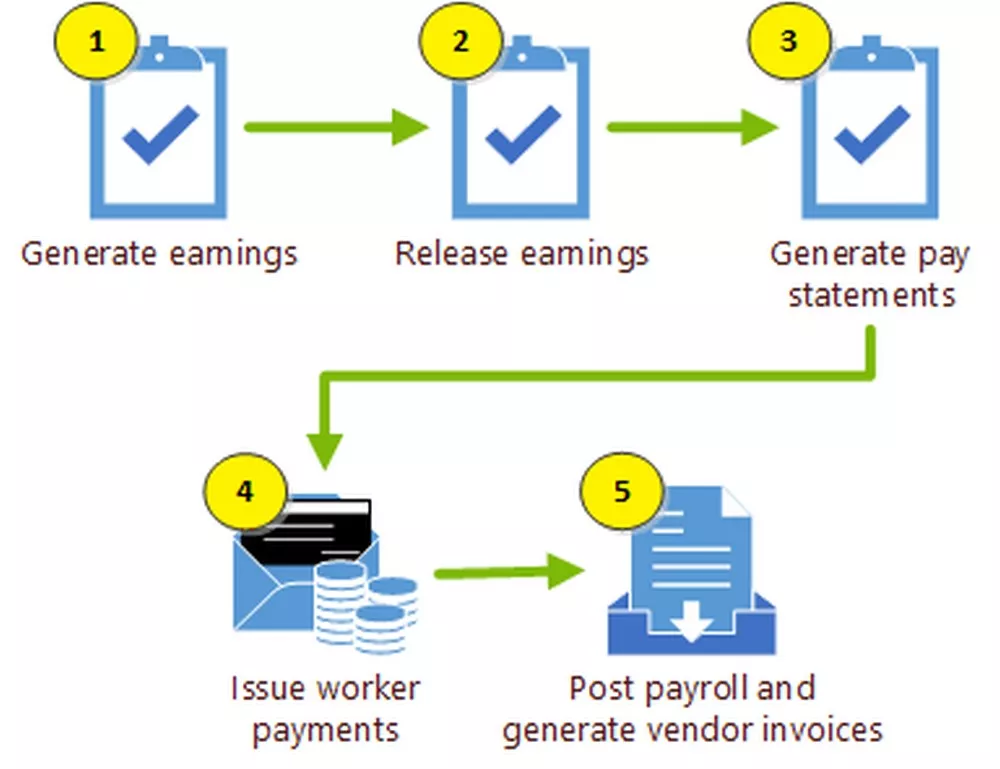How To Avoid Delays In Receiving Your Federal Tax Refund
It’s that time of year again. You’ve filed your taxes, and you’re eagerly awaiting your refund. But what if your refund is delayed?
There are a number of reasons why your refund may be delayed. The most common reason is that the IRS needs to verify your information. This can happen if you’ve made a mistake on your return, or if you’re claiming a tax credit or deduction for the first time.
If the IRS needs to verify your information, they will send you a letter explaining the delay. They may also ask you to provide additional information or documentation.
Discover collection of articles right now about financial and business. SparkleTeddy talk about and throw in personal financial planning, business and Taxes. You can expect to see reviews of financial products like mutual funds and banks to random musings on money related matters like tax, budgeting and deal-hunting.
If you’re claiming a refund for the first time, the IRS may also hold your refund until they receive your paperwork. This is to prevent fraud and ensure that you’re entitled to the refund.
If you’re expecting a refund, the best thing to do is be patient. The IRS processes millions of returns each year, and delays are inevitable. However, there are a few things you can do to help ensure that you receive your refund as quickly as possible:
-File your return electronically. This will help to ensure that your return is error-free and will speed up the processing time.
-Use direct deposit. This will ensure that your refund is deposited directly into your bank account, and you won’t have to wait for a check to arrive in the mail.
-Check the status of your refund. The IRS provides a tool on their website that allows you to check the status of your refund.
If you’re concerned about a delay in your refund, the best thing to do is contact the IRS directly. They will be able to provide you with information about the status of your refund and what, if anything, you can do to speed up the process.


